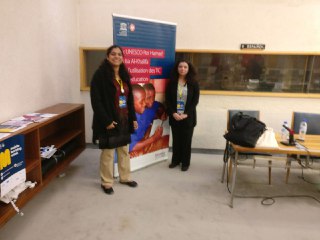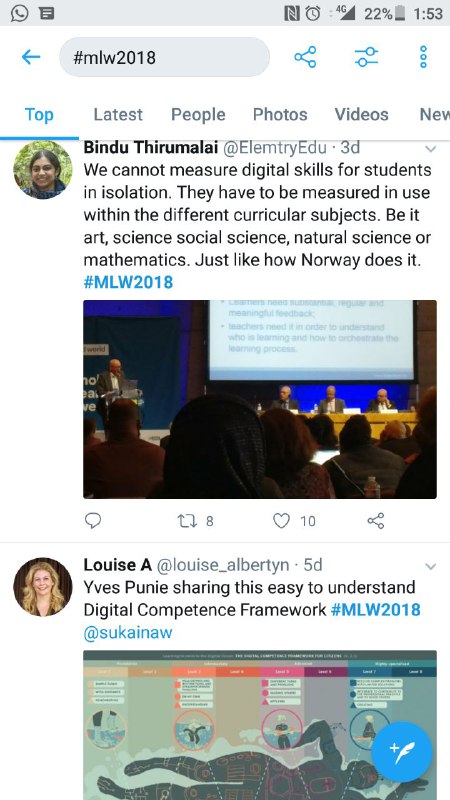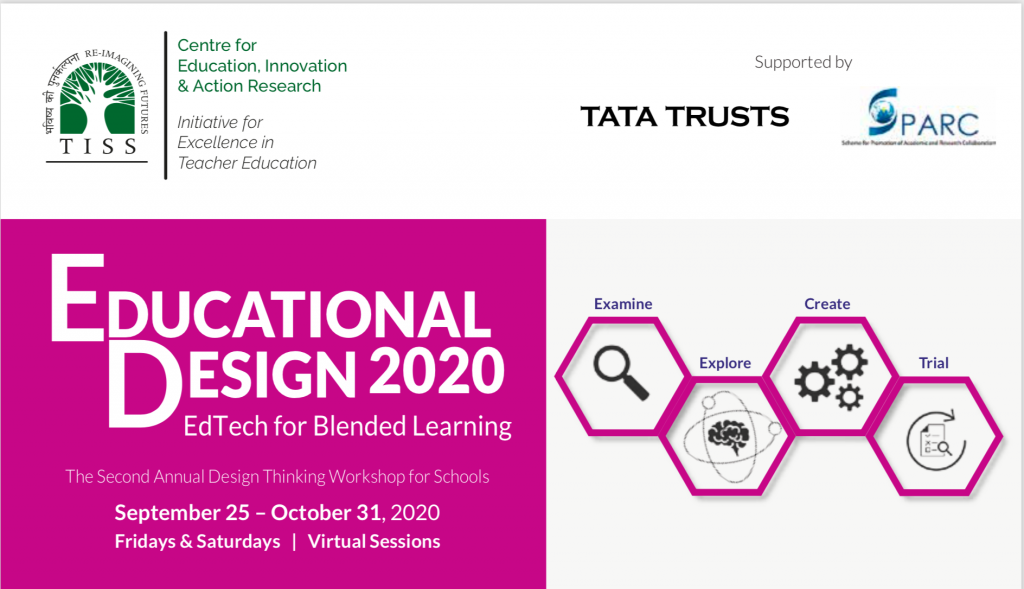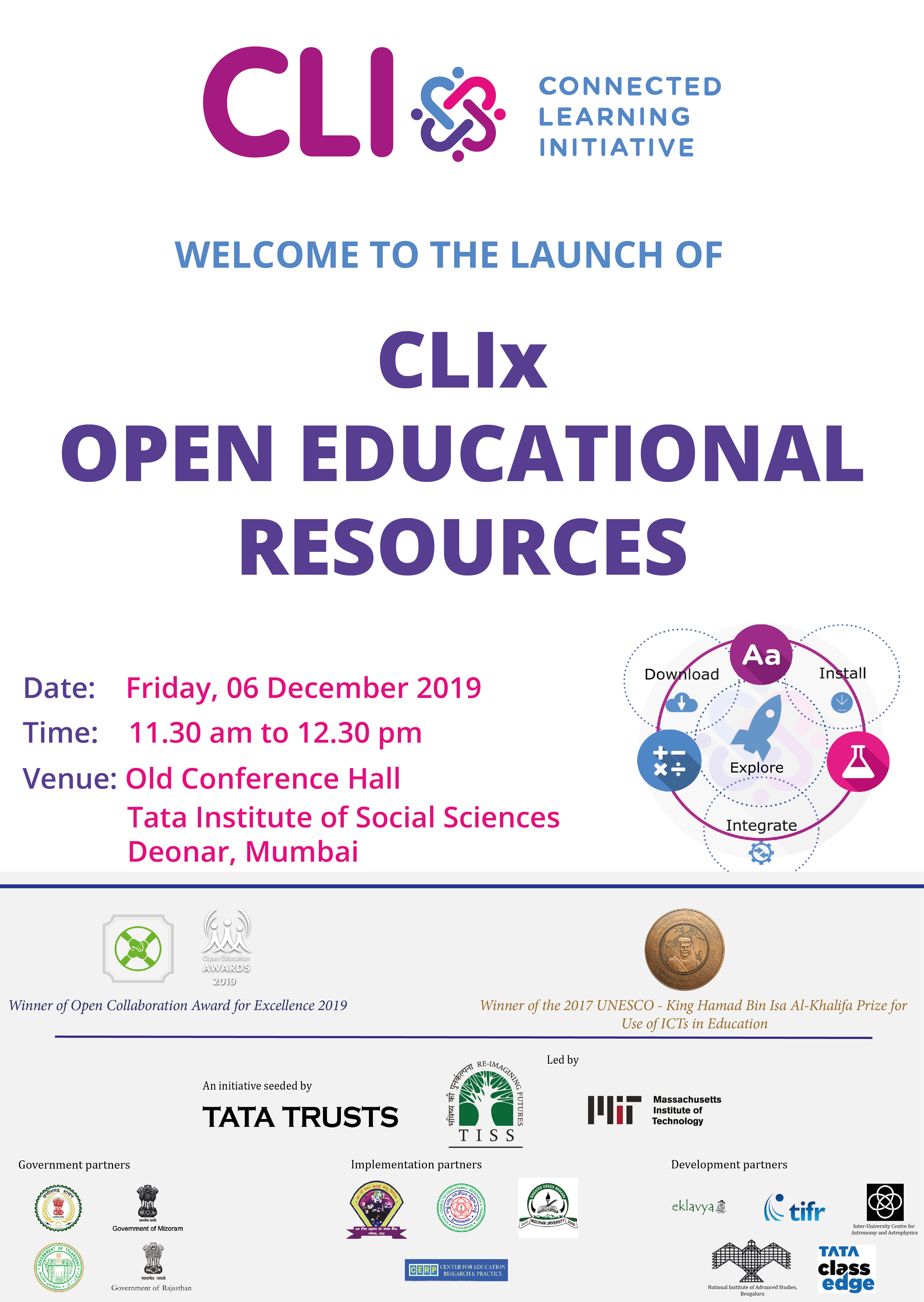UNESCO’s Mobile Learning Week 2018 – Skills for a Connected World (26.03.18 -30.03.18)
The Mobile Learning Week 2018 -Skills for a Connected World (#MLW2018), organised by UNESCO in Paris from 26 to 30 March 2018, was an informative and enriching event. NGOs, state representatives and a few universities from around the globe participated in the week-long activities. The sessions included workshops, a two-day symposium, a day-long policy forum and, on the last day, multiple strategy lab sessions. We had an opportunity to showcase the CLIx programme on Wednesday, 28 March, in an information meeting organised for the UNESCO King Hamad Bin Isa Al-Khalifa Prize for the Use of ICT in Education.
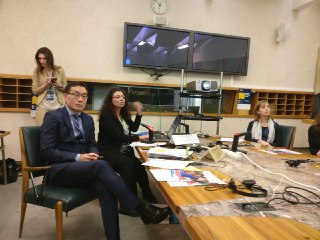
Amina Charania presenting CLIx at the Information meeting for the UNESCO King Hamad Bin Isa Al-Khalifa Prize
The week-long event and the variety in the structure of the programme gave us ample opportunities to understand ICT in education from multiple perspectives and stakeholders. The NGO representatives brought in their rich experiences of the ground realities of implementing ICTs in low connectivity, poorly resourced rural schools. The policy forum showed the big picture and what it takes to implement sustainable programmes at scale. The workshops and the strategy labs helped us reflect on our experiences, connect practice with theory and look ahead to anticipate the changes in and impact on education and society in a digital world. A strong theme of gender equality and social inclusion ran through all the sessions.
The education and telecommunication ministries of many countries including Bulgaria, Egypt and Singapore shared their ICT in education plans and challenges, and it was interesting to see that challenges in this area are global. All countries emphasised teacher professional development in ICT and education as a prime and complex factor in developing effective models at scale. UNESCO has been supporting many countries to form, implement and validate competency frameworks for students and teachers in use of ICT ineducation. In May 2018, they will also be releasing a revised framework on teacher competency. Some of the features of knowledge deepening and innovation resonate with our work in ICT and education.
The highlights of the conference were discussions of the relevance and impact of emerging technologies of artificial intelligence on education, development ofcomputational thinking and ways to measure the digital skills of learners. Norway’s model for measuring digital skills of learners and Singapore’s model for developing computational thinking were exceptionally good and suitablefor potential adoption by CLIx.
Bindu Thirumalai, Assistant Professor and Amina Charania, Associate Professor and team lead, Teacher Professional Development, CLIx



